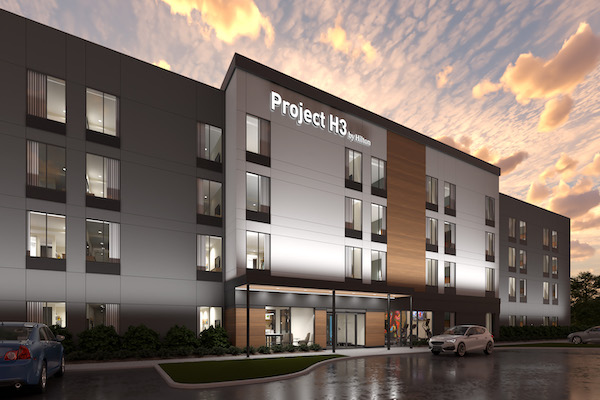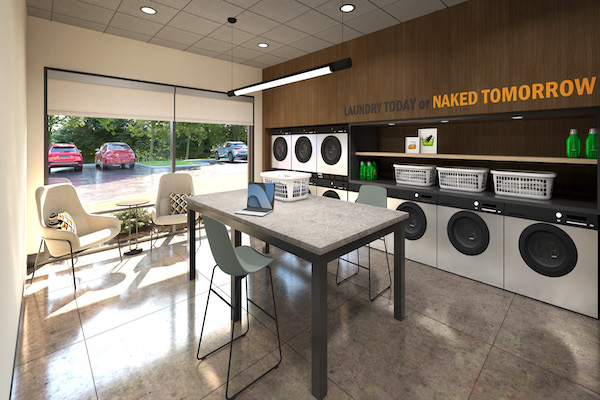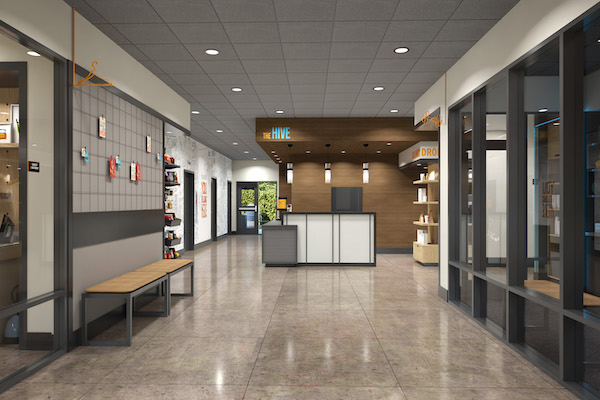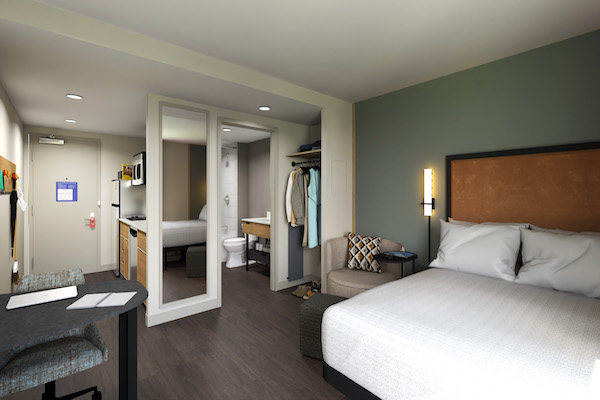Summer is approaching and the clash of extended-stay hotels is heating up between the two biggest U.S. hotel companies.
Hilton and Marriott International both have brands in the extended-stay segment, but are preparing to push out new brands in the lower-midscale space to lure travelers looking for stays as long as 30 nights or more in apartment-style accommodations.
On their first-quarter earnings calls, both Hilton and Marriott teased the new forthcoming brands. Now, Hilton has formally announced its own and gave further details on what’s to come.
Working under the working title of Project H3, Hilton said the brand, which will be its 20th, is “designed to meet the needs of the rapidly expanding $300-billion workforce travel market—the long-stay guest that never stopped traveling, even throughout the pandemic.”
The Hilton product was created to serve what it called “the vastly underserved group looking for apartment-style accommodations for 20 nights or more.”

According to Hilton CEO Chris Nassetta, Hilton is already engaged in more than 100 active development conversations with owners. “Project H3 is perfectly positioned to serve the unique needs of the long-stay traveler, thanks to its innovative design, strong value proposition for our owners and of course, the hospitality our team members offer every day,” Nassetta said in prepared remarks. “We aim to serve any guest, anywhere in the world, for any travel need they may have, and this new brand represents a greater opportunity for us to grow our portfolio while providing the reliable and friendly service our customers expect from Hilton.”
Nassetta’s syrupy comment masks the obvious: the pandemic shifted the way the world lives, works and travels and the likes of Marriott and Hilton need to seize on the pivot.
During his company’s Q1 earnings call, Nassetta—whether planned or improvised—touted the forthcoming brand, which will be 100% new-build and what he called “efficient build cost and high margins.” Nassetta, then, described the brand as a “hybrid efficiency,” conjuring the notion of a studio-type apartment. He said the idea is founded on the notion of mobility that plumed out of the pandemic. He said that while most core extended-stay products have length of stays from five to 10 days long, the new brand could average stays as long as 30 days. “It’s not competing with Home2 or Homewood,” Nassetta said, referring to Hilton’s two other current extended-stay brands.

On Marriott’s Q1 call, CEO Tony Capuano was not to be outdone. During the Q&A portion of the call, Capuano heralded a forthcoming brand in the extended-stay space, focused on price-conscious travelers in the midscale segment. Details were scarce, but the product, also like Hilton, will be new-build and offer basic travel services.
Extended-stay hotels have traditionally been a resilient segment, performing well both in good and bad times. When the pandemic rocked the world, and put a lid on travel, many of those who still ventured out took up accommodations in extended-stay hotels, which have many of the accoutrements of home, including kitchens and services like washers and dryers. According to STR, extended-stay properties had an occupancy rate over 74% in 2022, significantly higher than overall hotel occupancy in the U.S., which reached 62%.
As Marriott and Hilton come further downscale in the extended-stay segment, they will begin to rub shoulders with the likes of established brands that include Extended Stay America, Woodspring Suites and My Place Hotels. Though executives acknowledge the incursion, some remain stolid in the face of new competition.
Consider My Place Hotels, which was co-founded by Ron Rivett, who also co-founded Super 8 Motels, now part of Wyndham Hotels & Resorts. Launched in 2014, the chain now has 70 hotels open across 29 states with more than 130 hotels in the pipeline. Its president and CEO, Ryan Rivett, sees more competition as validation of the extended-stay concept.
“At My Place Hotels, we’ve always been confident in the resilience and potential of the extended-stay market,” he told HOTELS. “Continued growth in competition reaffirms our belief and further emphasizes the significance of this segment in our industry. Both travelers and franchisees are looking for value and individuality more than ever before. The business opportunity is there, and growing, and that balance is the key to capturing and sustaining it.”
PROJECT H3 UNVEILED
The scant details on Hilton’s Q1 call are now fuller. Guestrooms will mimic apartment-style accommodations, inclusive of four different areas for guests to rest, work, cook and refresh. This includes a fully equipped kitchen with a full-sized refrigerator, dishwasher, microwave and two-burner stovetop and a spacious bathroom design with a focus on long-stay amenities.
A “nontraditional lobby experience,” as Hilton calls it, will feature a hyper-functional lobby called The Hive, designed to be inviting for guests and operationally friendly for employees. The Hive lobby allows sight lines from the front desk to fitness, laundry and a retail market.
On design, Project H3 exteriors will be designed to include warm wood tones and a modern farmhouse-inspired palette with light industrial touches. Outdoor patios are outfitted with grills, a communal fire pit and comfortable seating to make our guests feel like they are truly coming home.
“Many long-stay guests never stopped traveling during the pandemic, especially within the lower midscale extended-stay segment, and we designed a product in direct response to this growing need,” said Matt Schuyler, chief brand officer for Hilton. “Project H3 will disrupt the category and allow Hilton to better provide reliable and friendly service for those who are in it for the long stay.”

OWNER RETURNS
The new brand is a high-margin, low-cost operating business for would-be franchisees. Hilton said the brand has been developed with input from owners and the prototype “dedicates the majority of space to revenue-generating guestrooms, thus reducing overhead costs for prospective owners,” Hilton said.
Technology will play a role from automated touches such as digital check-in.
“Hotel owners have played an integral role in the development of Project H3 and they will continue to guide us as we build this brand from the ground up,” said Kevin Jacobs, CFO and president, global development for Hilton. “Project H3 has incredible growth potential, tapping into the rapidly expanding and underserved workforce travel market. The response from the hotel owner and developer community has been immediate and enthusiastic.”

